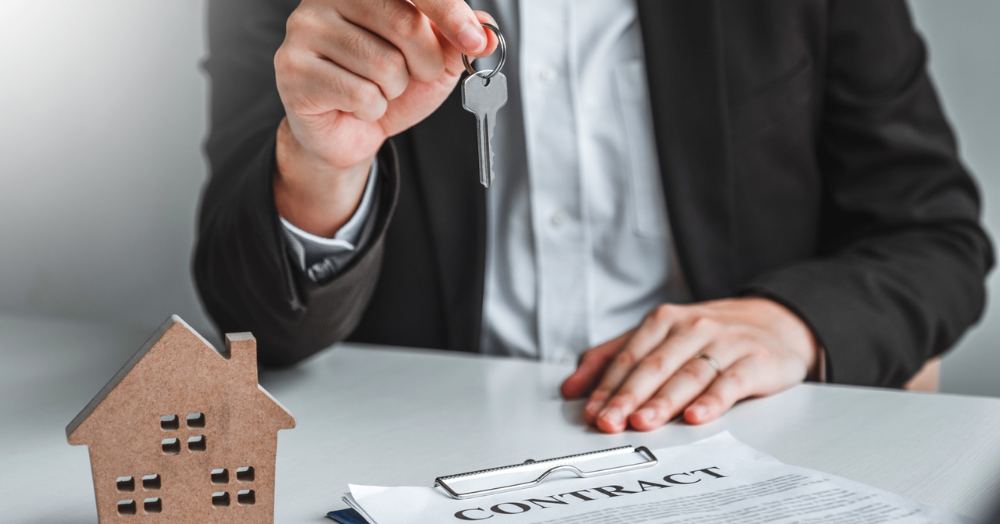What Must I Leave When I Sell My Home in the Cotswolds and the Vale of the White Horse? From curtain poles to garden sheds, the rules on what stays and what goes can surprise sellers. Find out below what you’re really expected to leave behind.
Which Fittings And Fixtures Will Be Needed After Moving Out? If you’re ready to sell your home, you may be wondering what you must leave behind when you sell your property.
It’s often hard to decide what to leave behind and what to take with you when you move out. In fact, there aren’t any laws to dictate what you must leave within the property, but it goes without saying that your buyer may be upset or angry if they don’t know what you’ll be taking with you.
It's helpful to think about what you expect the property’s former owners to leave behind when you’re buying their home. Which fittings and fixtures will be needed after moving out?
Once you’ve decided, put it all down in writing then confirm the buyer’s agreement, and remember the house has to be empty on completion day.
As expert estate agents our team have some great advice about what you may want to leave when selling your home.
An Inventory Of Fittings And Fixtures - To avoid disputes and confusion, an inventory that explains specifically what will be included within the sale and what you’ll be taking with you is very helpful.
You should complete this and agree on it early in the process as, without there being an inventory in place, many buyers assume all fixtures and fittings are going to be included in the sale.
Fixtures are any items permanently fixed to the structure of the property such as bathroom and kitchen suites, inbuilt wardrobes and cupboards, plugs, light fittings, radiators, and boilers.
Fittings are any freestanding items, or items hung on a nail or hook such as lampshades, mirrors, carpets, ovens, washing machines, freestanding fridges, curtains, beds, curtain rails, sofas, and freestanding furniture.
If you want to take or leave any specific fixtures or fittings, try negotiating with your buyer.
What About Lightbulbs? There’s no legal obligation to leave the lightbulbs behind when you move out unless it’s stated specifically in the contract.
However, many sellers choose to leave them since it's a little petty to remove them and most home movers would like to think that the 'leaving the lightbulbs in' option will continue down the chain!
You must, however, replace or leave light fixtures when you move out since exposed wires represent a hazard.
Do I Take The Wheelie Bin With Me When I Move? When moving out, you should never take the wheelie bin! You’ll have a bin at your new home, and it’s very unlikely that the people who will be moving to your property will bring one with them.
It’s also generally acceptable to have some rubbish left behind in the bin when you move out. If you do this, though, make sure that there’s enough space remaining inside the bin so that the property’s new occupants can add their own rubbish to it until bin collection day.
Have questions about what to leave behind when selling?
Get in touch with our expert team for friendly advice and a smooth move.
Ready to take the next step?
Book your free, no-obligation valuation today!
We care about property, we care about you.

